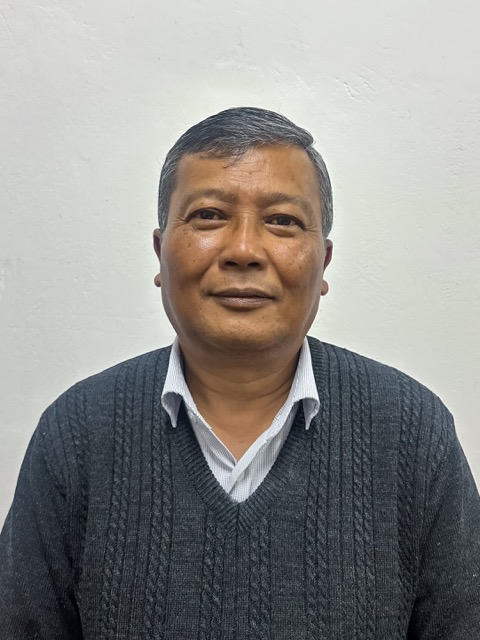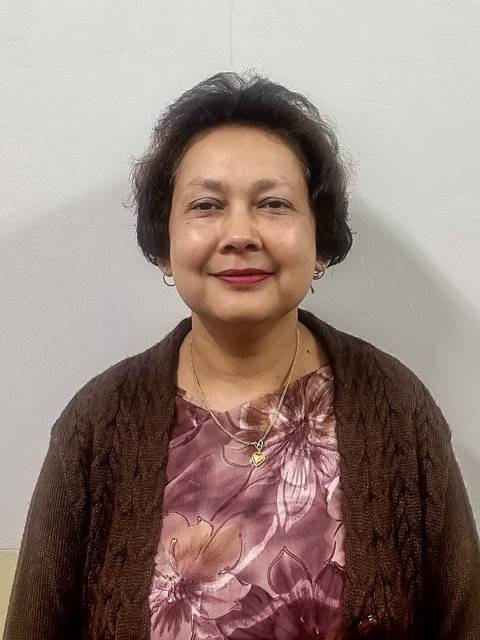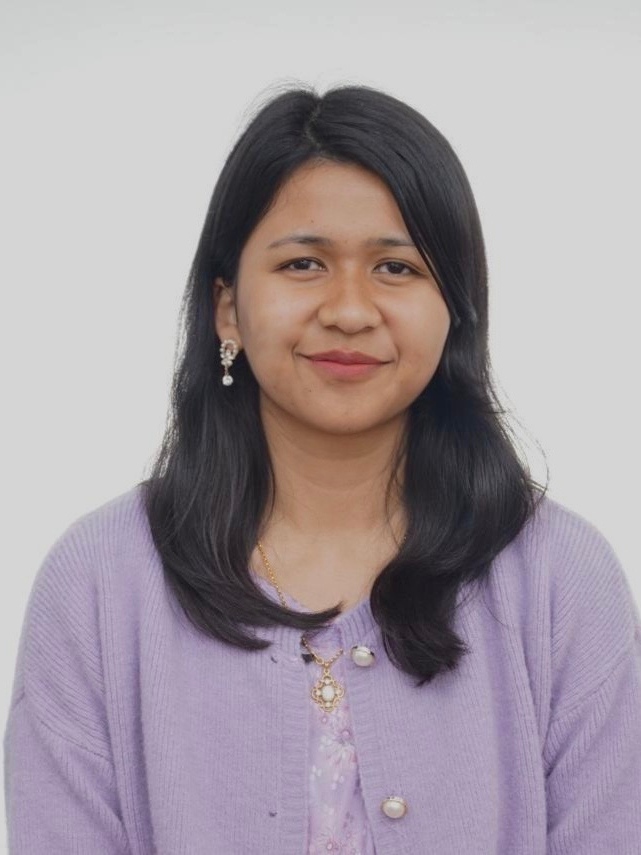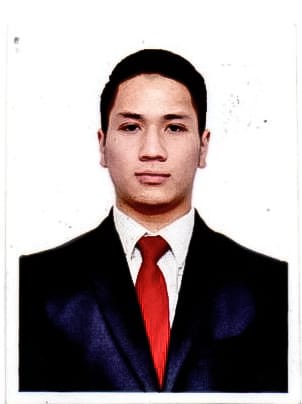A student can choose one subject from each Elective Paper.
- Optional Papers Paper PScO.06 - Paper PScO.06.1 Modern Indian Political Ideas
- Optional Papers Paper PScO.06 - Paper PScO.06.2 Women and the Political Process
- Optional Papers Paper PScO.06 - Paper PScO.06.3 Public Administration
- Optional Papers Paper PScO.08 - Paper PSc0.08.1 Political Sociology
- Optional Papers Paper PScO.08 - Paper PSc0.08.2 Politics of Developing Countries
- Optional Papers Paper PScO.08 - Paper PSc0.08.3 International Organization
- Optional Papers Paper PScO.08 - Paper PSc0.08.4 Human Rights




